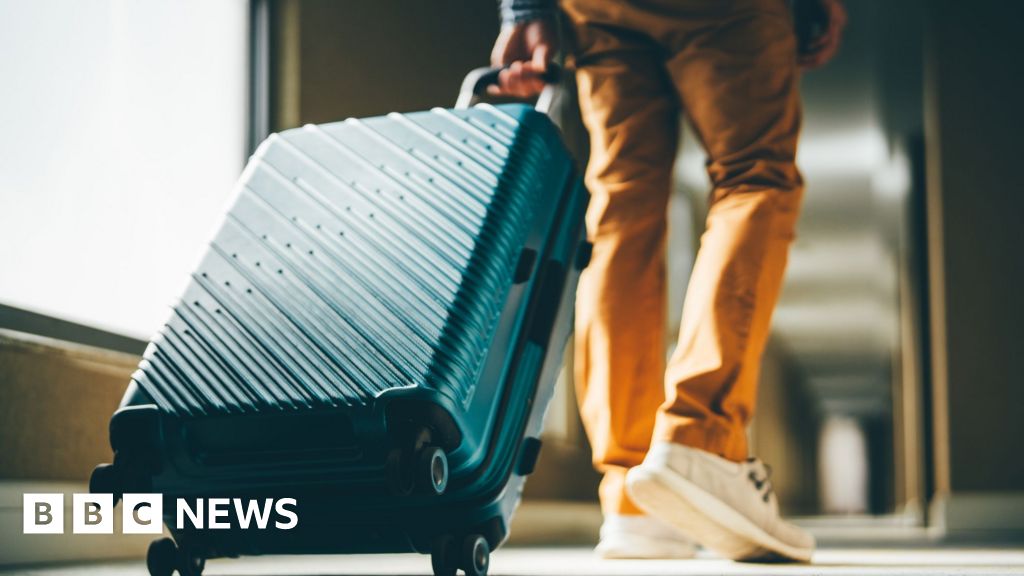
"The reforms would allow courts imposing non-custodial terms to also have the power to hand out driving and travel bans, as well as order offenders to remain in specific areas. The Ministry of Justice (MoJ) said the changes would "toughen up community punishments" and deter reoffending. It comes after a recent review of sentencing policy recommended fewer custodial sentences for less serious offences as a way of dealing with overcrowding in prisons."
"Courts are currently able to impose limited bans on people convicted of certain offences - for instance, someone found guilty of violence at football matches can be banned from all stadiums. But the MoJ says it plans to introduce legislation to allow more restrictions to be imposed by judges and magistrates "as a form of punishment for any offence in any circumstance"."
"It means offenders could face additional penalties unrelated to their specific offence, with those who break the rules being taken back to court. Offenders released from prison who are supervised by the Probation Service could also face similar restrictions under the plans - as well as more mandatory drug testing, even if they do not have a history of misuse."
The government plans to expand sentencing powers allowing courts to add travel, driving and venue bans and require offenders to remain in specified areas alongside non-custodial penalties. Judges and magistrates would be able to impose these restrictions for any offence, with breaches returning offenders to court. Released prisoners under Probation supervision could face similar limits and increased mandatory drug testing even without prior misuse. The reforms aim to toughen community punishments, deter reoffending and reduce reliance on custodial sentences amid prison overcrowding concerns. The measures follow a review recommending fewer custodial sentences for less serious offences and recent mass early releases.
#sentencing-reform #community-punishments #prison-overcrowding #probation-supervision #travel-and-venue-bans
Read at www.bbc.com
Unable to calculate read time
Collection
[
|
...
]